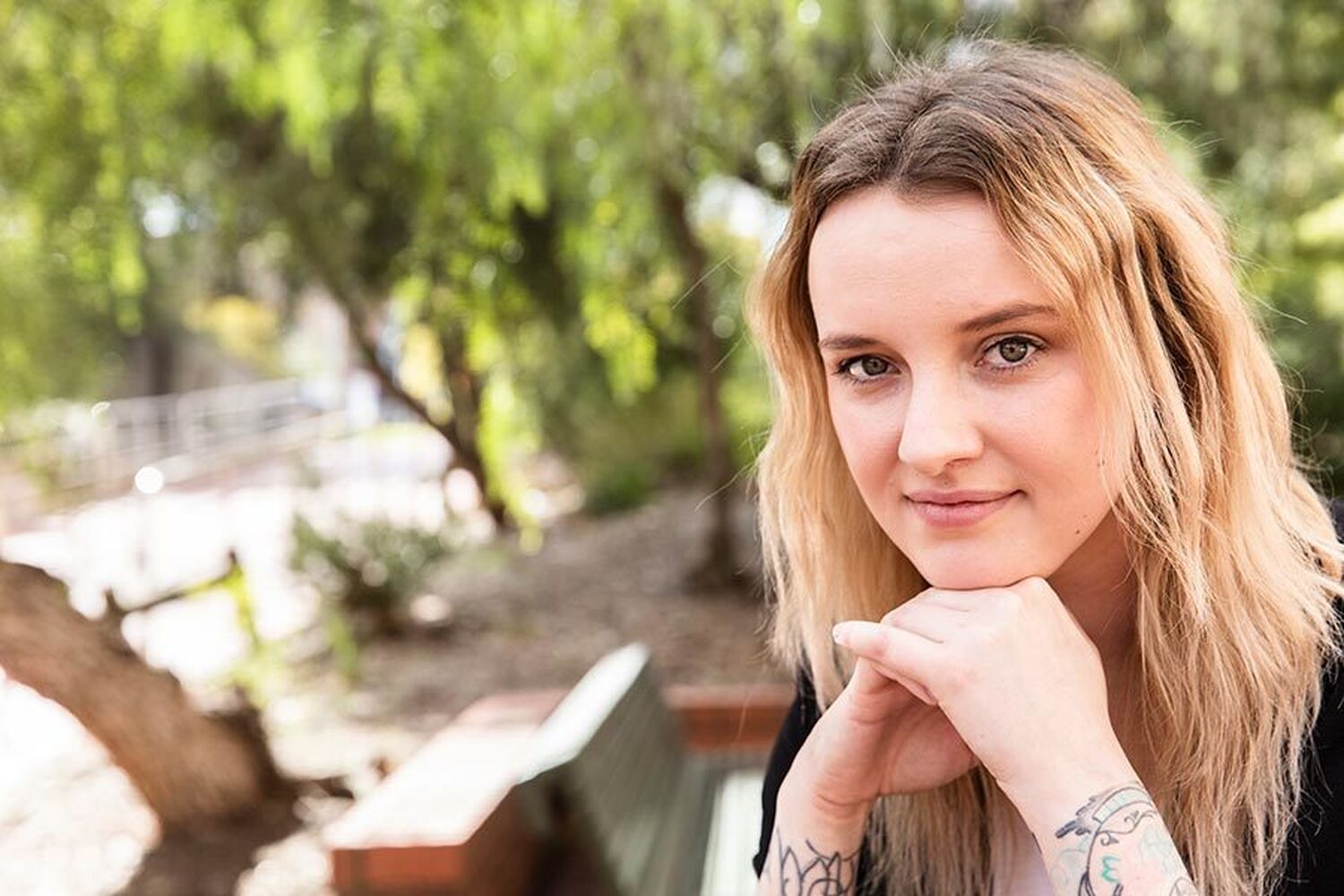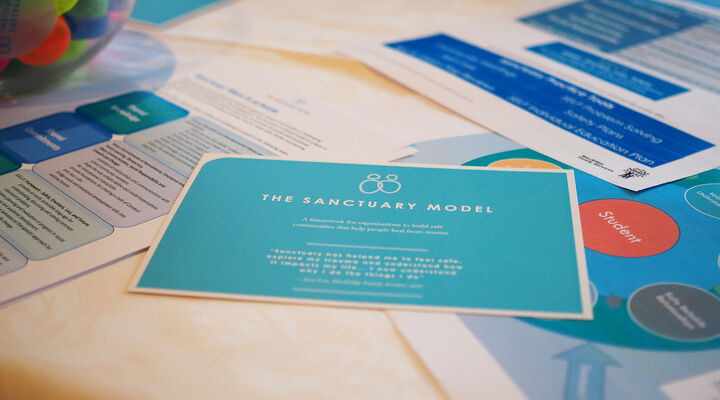Breaking down the barriers to education for young people in out of home care.
It’s been a tough 12 months for students who have struggled with disruption to their education. Online classes, loss of connection to teachers and peers, and motivation difficulties have affected the mental health of many students. For most young people, these difficulties represent just a year out of their whole educational life, but many children and young people in out of home care continually deal with barriers that negatively impact their entire time at school.
Every year, MacKillop supports hundreds of at-risk children to engage in education through its specialist schools and education outreach services through programs such ReLATE and Paw Pals, which uses therapy dogs to reach children who have every reason not to trust adults. These programs support young people in care to connect with schools and colleges, and work with educators to create safe, supportive and predictable environments to improve student learning and wellbeing outcomes.
27-year-old Tayla Ayliffe, who spent much of her teenage life in foster care and residential care, knows very well how difficult it is to remain focused on schoolwork when everything around you is changing and feels insecure.
Being in care is tough, and often, the reasons kids come into care can have a traumatising effect which in turn impacts a young person’s ability to learn. If you don’t feel safe and you’re dealing with trauma, you’re not in a place where you can think about your future or concentrate on schoolwork.
“Being in care is tough, and often, the reasons kids come into care can have a traumatising effect which in turn impacts a young person’s ability to learn. If you don’t feel safe and you’re dealing with trauma, you’re not in a place where you can think about your future or concentrate on schoolwork.
“Kids in care also battle with practical issues. One of my foster homes was so far from my school that I had to get up at 4.30am just to get to school on time – and even then, I’d sometimes be late.
“Often in residential care, other kids in the house are not interested in learning or doing homework and you have to be really focused to work through the distractions. That's a huge ask from kids who are already coping with some significant issues,” Tayla added.
This month, we’re running our annual Paws4Kids campaign to fund our Paw Pals program, which supports young people to learn with therapy dogs. We need to raise $250,000 to continue and grow our use of therapy dogs to support children who’ve experienced abuse, neglect or other childhood trauma.
Dr Robyn Miller, CEO of MacKillop Family Services, sees the consequences for young people who have disengaged with their education every day.
All too often education takes a backseat to other more urgent issues facing children in out of home care. Institutions like schools and universities need to be aware of the wider factors that impact young people in out of home care and their ability to learn.
Dr Miller added “Every year we do see a number of young people in out of home care complete Year 12 and continue education or training, but it’s not enough. We need supports such as ReLATE and Paw Pals throughout the whole educational system to sustain a child’s link to learning and allow them to work at their pace.”
Help vulnerable kids in Victoria to connect with education and succeed at school. Donate on Wednesday 28 and have your donation tripled. Find out more, visit www.paws4kids.org.au






